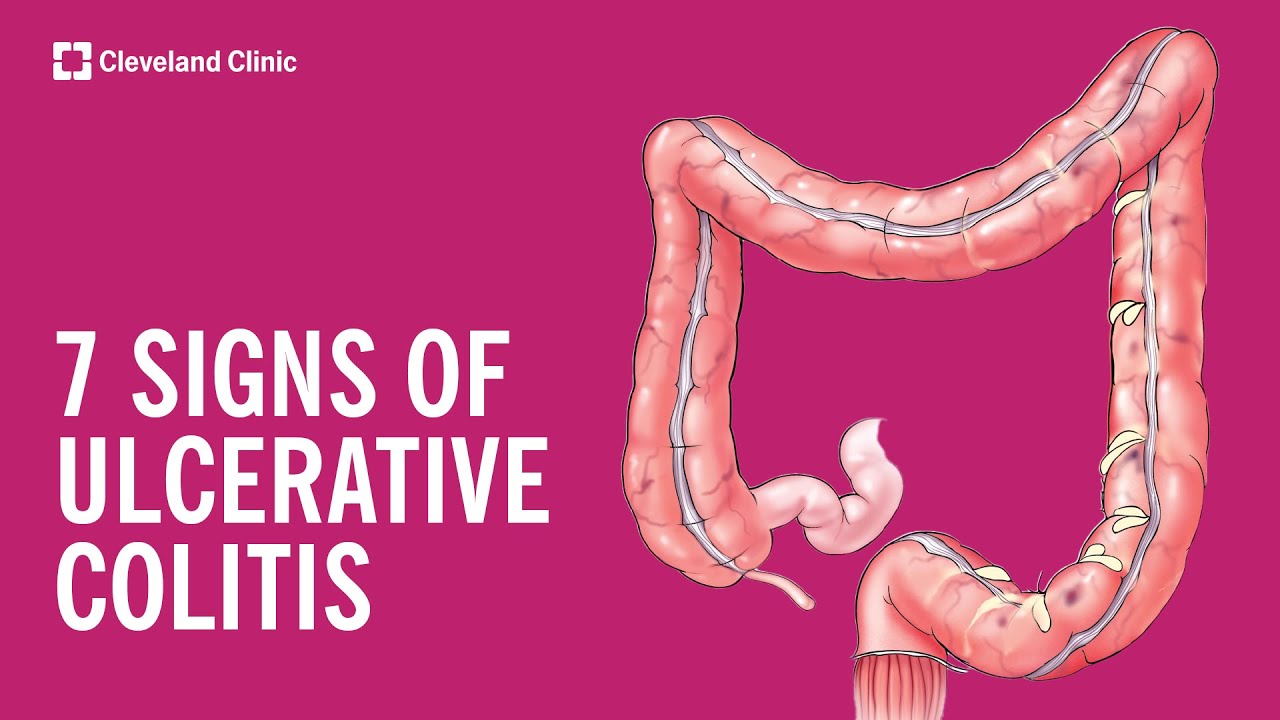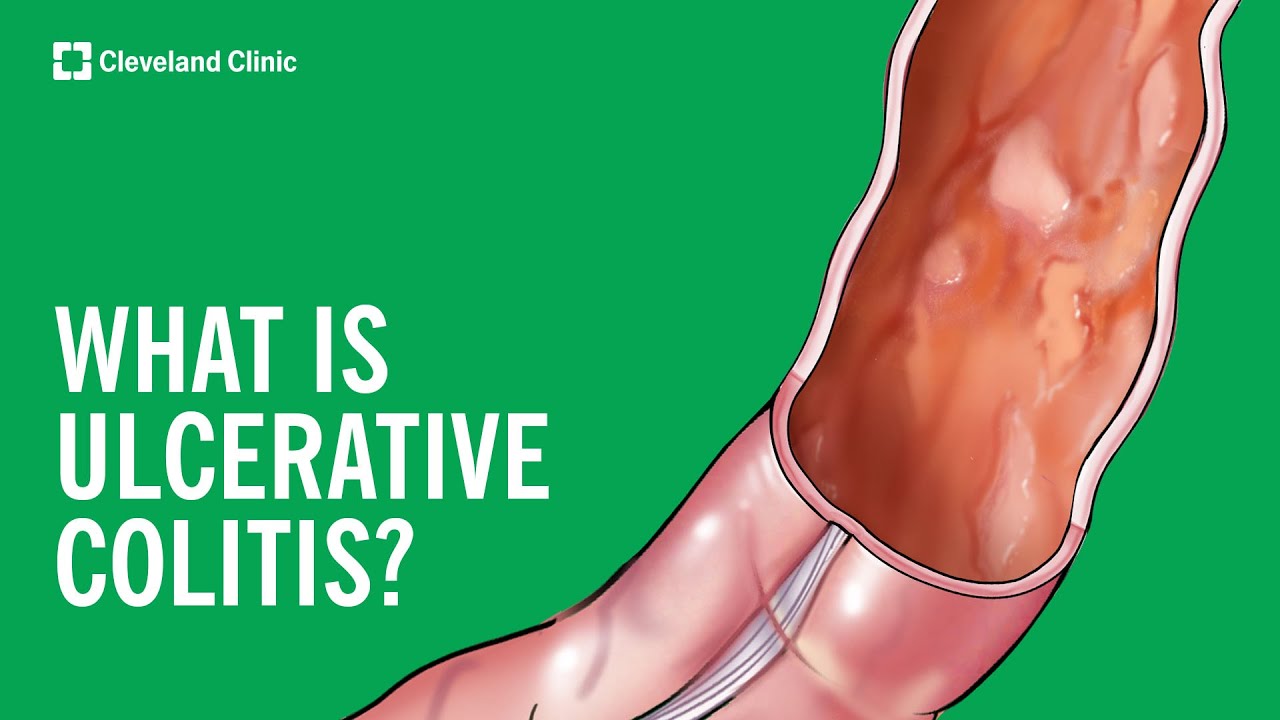NEW YORK (Reuters Health) – While calcification of the gallbladder wall is historically linked to a high risk of gallbladder cancer and hence an indication for cholecystectomy, a contemporary review finds that the association is weak at best.
“Prophylactic cholecystectomy is not indicated for PGB (porcelain gallbladder) alone and should be performed only in patients with conventional indications for cholecystectomy,” conclude the authors of the study appearing in the Archives of Surgery for October.
Dr. Sergio Huerta, with the Veterans Affairs North Texas Health Care System and the University of Texas Southwestern Medical Center, Dallas, and colleagues explain that reports 50 years ago described an incidence of cancer exceeding 60% in cases of porcelain bladder. However, what is called porcelain bladder these days differs from what it was decades ago, and recent reports indicate that the relationship of gallbladder calcification to cancer is not clearcut.
To investigate further, the team reviewed the medical records of 1200 cholecystectomies performed at their institutions between 2008 and 2009. They found that 13 of the patients had porcelain gallbladder (1.1%), and none of them had any evidence of cancer.
Furthermore, in 35 cases of gallbladder cancer seen between 1997 and 2009, none had gallbladder wall calcification, the authors report.
They also undertook a systematic review of the literature on the topic. In a total of 60,665 cholecystectomies, there were 140 porcelain gallbladders (0.2%) and 21 of these cases involved gallbladder cancer – most of which were reported in the older literature, Dr. Huerta and colleagues report.
“In conclusion, our analysis shows that the risk for gallbladder cancer in PGB is very remote,” they write. “Recognizing a substantially low risk, observation might be adequate for the vast majority of these patients.”
Reference:Arch Surg. 2011;146:1143-1147.







